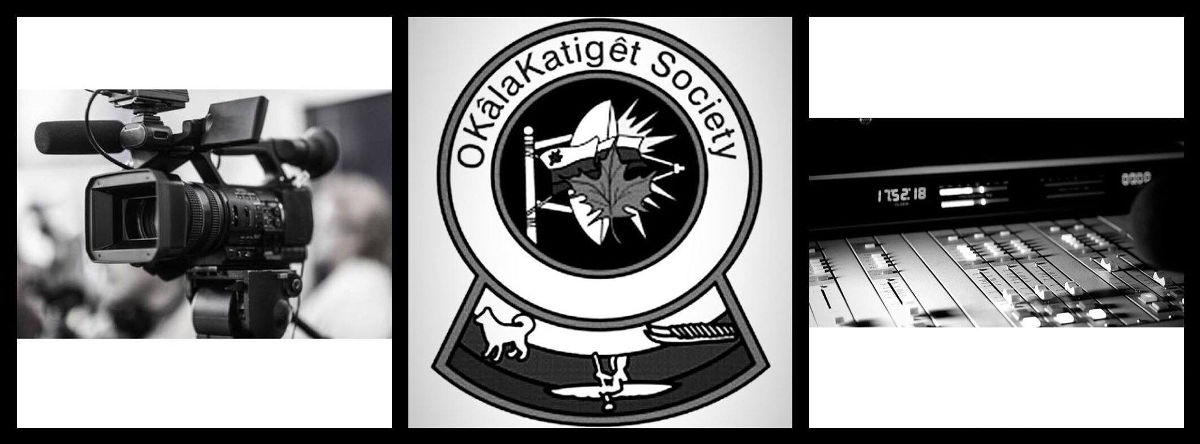The town of Happy Valley Goose Bay are pleased to announce that 5 million dollars was given to the Newfoundland and Labrador Housing Corporation.
On July 11, 2023 the Honourable Paul Pike, Minister Responsible for the Newfoundland and Labrador Housing Corporation, and Yvonne Jones, Member of Parliament for Labrador, on behalf of the Honourable Amhed Hussen, Minister of Housing and Diversity and Inclusion, His Worship George Andrews, Mayor of Happy Valley-Goose Bay, and Perry Trimper, MHA for Lake Melville, one of the 41 recipients of the third round of the Rapid Housing Initiative’s city stream.
As part of its investment plan for the Cities Stream, the Town of HVGB has partnered with Newfoundland and Labrador Housing Corporation (NLHC) for the construction of 16 new affordable housing units. These units will be owned and operated by NLHC. Clients will come from NLHC’s existing prioritized waitlist, and rents will be geared-to-income at 25 per cent of net income. NLHC will provide funding for the on-going operations, as well as annual heating subsidies to tenants.
This is made possible by the Government of Canada’s additional investment of $1.5 billion through the Rapid Housing Initiative, bringing the program’s total to $4 billion to support the country’s most vulnerable. The additional funding for the third round of the initiative will be divided into two streams: $1 billion through the Projects Stream and $500 million towards the Cities Stream. This investment is expected to create at least 4,500 more affordable housing units for Canadians in severe housing need across the country, with 25 per cent of investments going towards women-focused housing projects.
The Rapid Housing Initiative takes a human rights-based approach to housing, serving people experiencing or at risk of homelessness and other vulnerable people under the National Housing Strategy, including women and children fleeing domestic violence, seniors, young adults, Indigenous Peoples, people with disabilities, people experiencing mental health and addiction issues, veterans, 2SLGBTQI+ individuals, racialized groups and recent immigrants or refugees.
